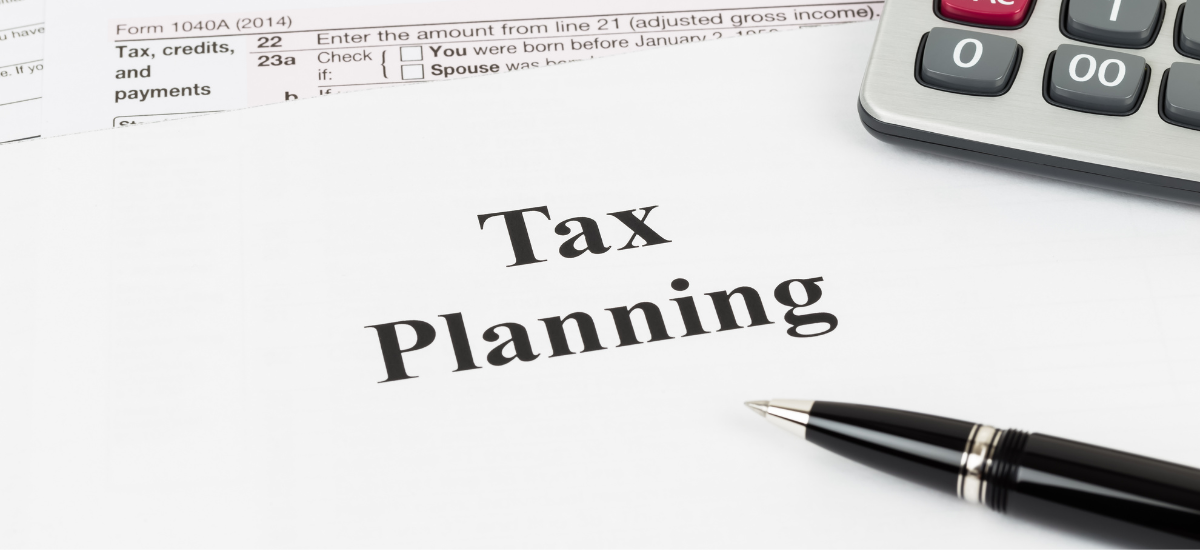Tips for a Stress-Free Tax Season
- Posted on May 06, 2022

Tax season—the words alone can make many individuals and business owners feel a sense of dread. However, with proper preparation and organization, tax season doesn’t have to be a source of stress. In this article, we will provide you with practical advice on preparing for tax season, organizing your financial documents, and maximizing deductions to help you approach tax time with confidence.
Start Early
Procrastination is the enemy of a stress-free tax season. Starting early allows you to gather necessary documents, address potential issues, and avoid last-minute rushes. Set a calendar reminder well in advance of the tax filing deadline to kick-start the process.
Get Organized
Effective organization is key to a smooth tax season. Here’s how to get started:
- Create a designated tax folder or digital file where you can store all relevant documents.
- Gather income statements, such as W-2s, 1099s, and any other income-related documents.
- Collect records of deductible expenses, like receipts for business expenses, medical bills, and charitable donations.
- Organize your financial records by category to make it easier to locate specific information.
Stay Informed
Tax laws and regulations can change from year to year. Stay informed about any updates or modifications that may impact your tax return. This knowledge can help you maximize deductions and credits while ensuring compliance.
Leverage Tax Software
Consider using tax preparation software or hiring a professional tax preparer to assist you in completing your tax return. These tools can help simplify the process, ensure accuracy, and identify potential deductions or credits you might have missed.
Review Your Financial Statements
Take the time to review your financial statements, including income and expense reports. Make sure all entries are accurate, and resolve any discrepancies or missing information promptly. This step is particularly crucial for business owners and self-employed individuals.
Maximize Deductions
Identifying and claiming eligible deductions can significantly reduce your tax liability. Common deductions include:
- Mortgage interest
- State and local taxes
- Medical expenses
- Charitable contributions
- Student loan interest
- Job-related expenses (for those who itemize)
Contribute to Retirement Accounts
Contributions to retirement accounts, such as 401(k)s or IRAs, can offer both tax benefits and long-term financial security. Maximizing your contributions before the tax year ends can reduce your taxable income and boost your retirement savings.
Plan for Estimated Taxes
If you’re self-employed or have income not subject to withholding, consider making estimated tax payments throughout the year to avoid penalties and interest. Understanding your estimated tax obligations can help you budget accordingly.
Keep Good Records for Audit Protection
Maintaining thorough and organized records can protect you in case of an audit. If you claim deductions or credits, make sure you have the necessary documentation to substantiate your claims.
Seek Professional Guidance
If your tax situation is complex, or if you’re unsure about certain aspects of your return, consider consulting with a tax professional. They can provide tailored advice and ensure that you take full advantage of available tax benefits.
Review Before You Submit
Before hitting that “Submit” button, review your tax return one last time to check for any errors or omissions. Mistakes can lead to delays in processing or, in some cases, an IRS inquiry.
Plan Ahead for Next Year
Once you’ve successfully navigated this tax season, use the experience to set yourself up for an even smoother process next year. Consider implementing better record-keeping practices and staying organized throughout the year to reduce the stress of tax season.
Tax season doesn’t have to be a daunting experience. With early preparation, organization, and knowledge of available deductions and credits, you can approach tax time with confidence. Remember that seeking professional guidance when needed can also be a wise investment in ensuring that you maximize your tax benefits while staying compliant with tax laws. By following these practical tips, you’ll be well on your way to a stress-free tax season and financial peace of mind.
Need financial advice?
Check out our previous blog post Common Accounting Mistakes Entrepreneurs Make (and How to Avoid Them). In addition, if you need personalized financial advice, our team is always here to help—contact us today to book an appointment!



